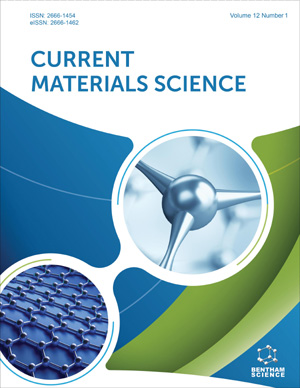Abstract
Orthopaedic implant materials have an important role in the field of medical
science. Characteristics of implant materials such as rigidity, corrosion,
biocompatibility, surface morphology, tissue receptivity, and stability are the key
factors that influence the choice of the implant material. The mechanical properties of
the implants are one of the significant factors for bone substitution. To understand the
mechanical properties of these solid substitutes, the use of solid mechanics, which is
intended for general structural analysis of 2-dimensional and 3-dimensional bodies is
vital. In this study, 3-dimensional modelling of implant and simulation using the finite
element analysis software were incorporated to investigate the effect of load direction
on the stress distribution in different orthopaedic implant materials.
Keywords: Finite element analysis, Load-bearing capacity, Load direction, Mechanical properties, Metal alloys, Orthopedic implant, Simulation, Solid mechanics, Stress distribution, Volume displacement, Von Mises stress distribution.






















